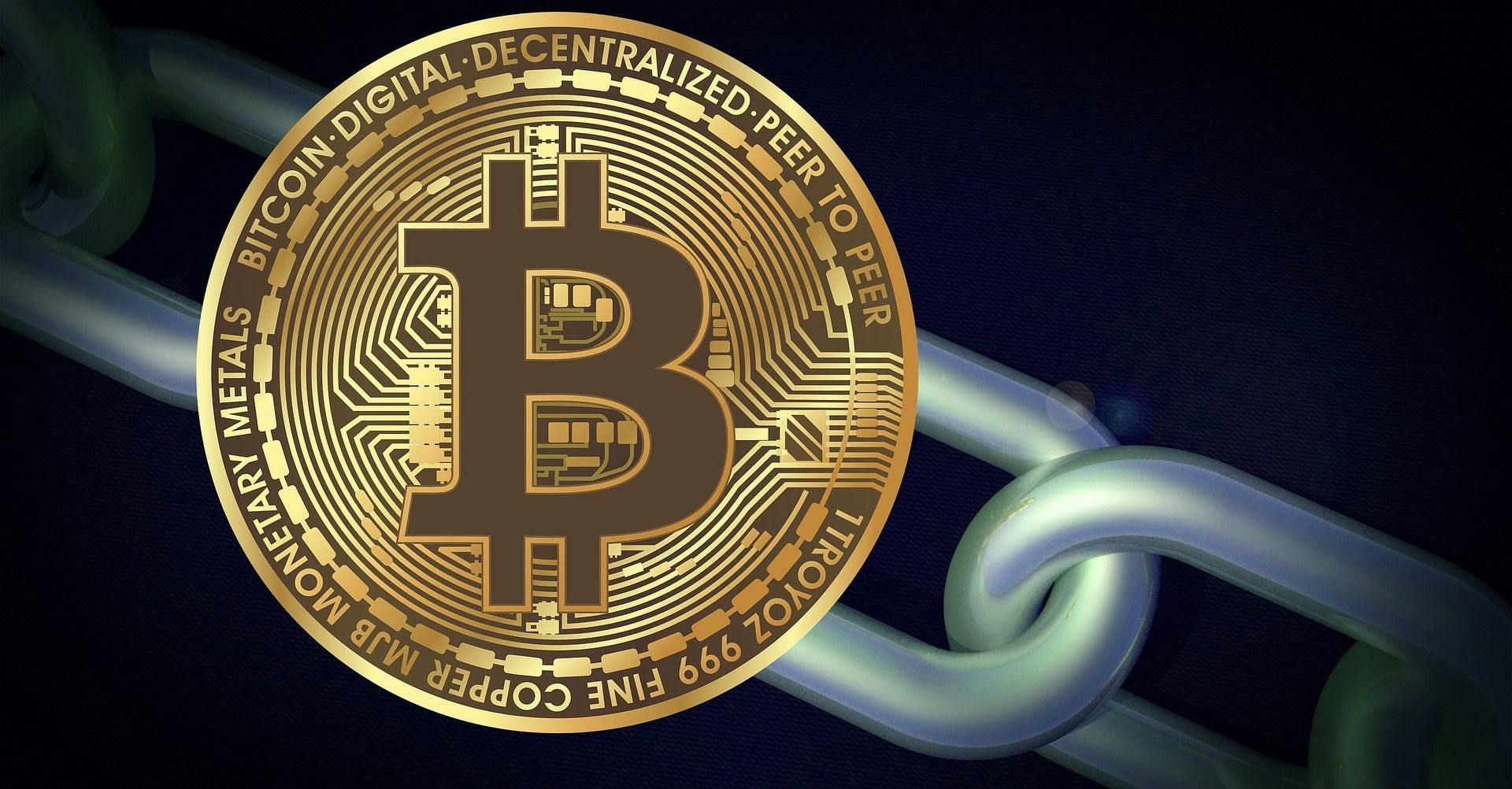1,454 reads
This MPC Wallet Could be the Answer to Cryptocurrency Security
by
February 6th, 2021
Audio Presented by
Editor-at-Large at Dataconomy, and co-founder at ⅄Oᒋ⅋NOISՈᖵNOϽ - an impact creator house
About Author
Editor-at-Large at Dataconomy, and co-founder at ⅄Oᒋ⅋NOISՈᖵNOϽ - an impact creator house
